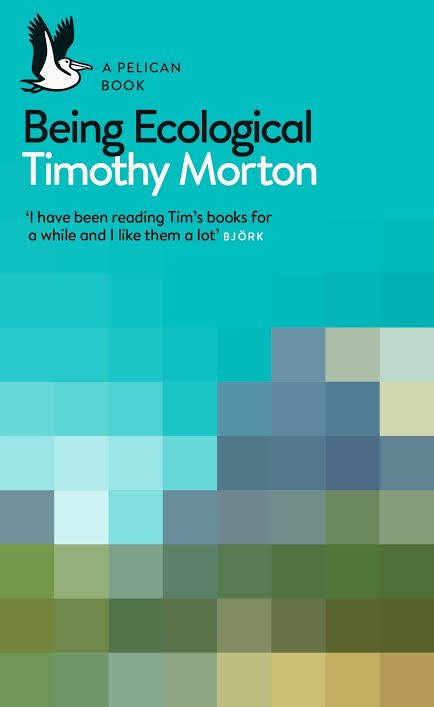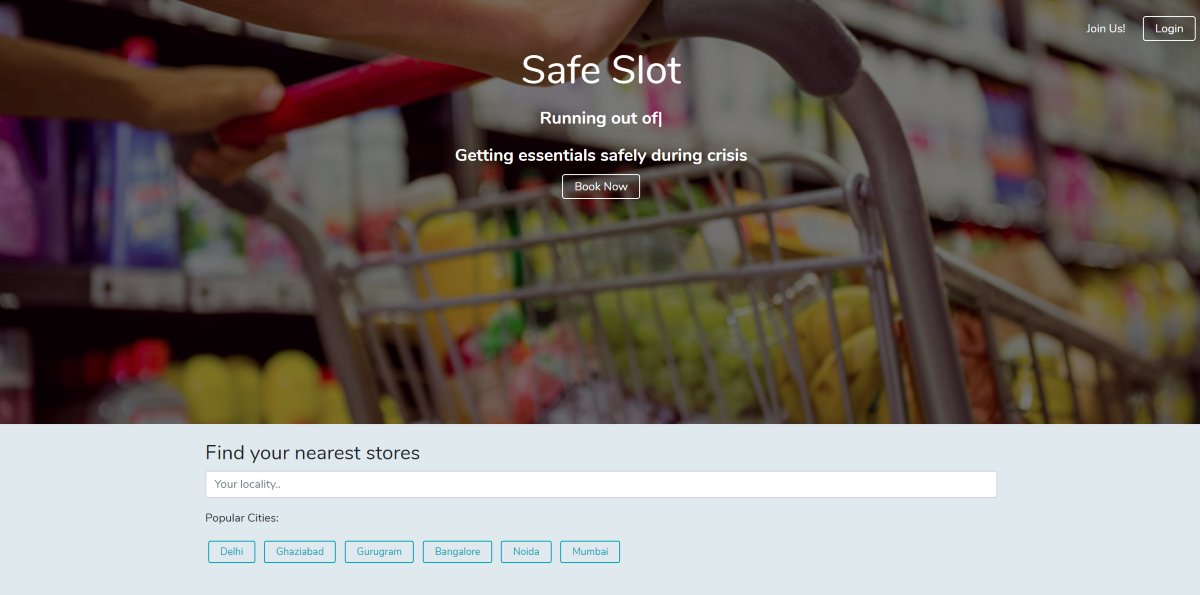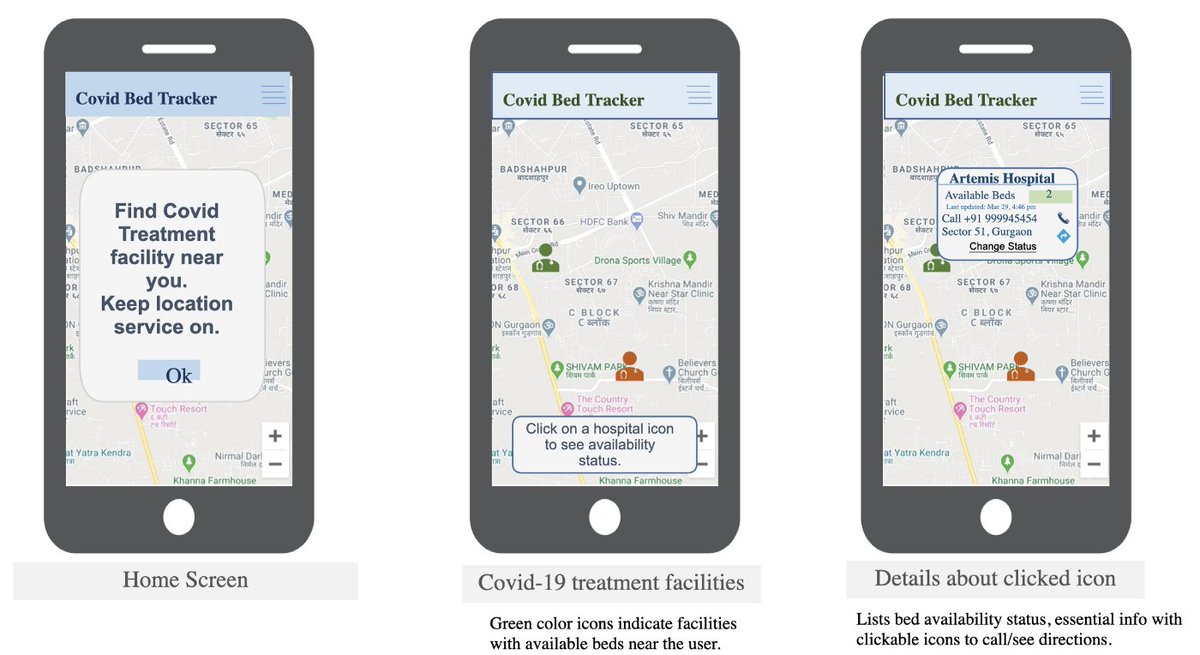It’s a short book that I read back to back, twice. I highly recommend it.

Nature, rather, is actually everything - including the hospitals, food, plastics and phones.
If we are totally honest with ourselves, we also need to admit that at one point in the history of Earth, oxygen was a poisonous gas. en.wikipedia.org/wiki/Great_Oxi…
And what did that position enabled? Life, as we know it today.
It just means that being ecological requires us to expand our perspective considerably. We need to start viewing our actions at multiple time scales, including geological timescales.
This web of casualty in an ecologically makes it really difficult to say which actions are ecologically good or bad.
Living with that ambiguity is part of being ecological.
It has never happened and it’ll never happen.
We can’t act on ecology, we act in ecology.
A hammer is a place for dust to settle but also for the fly to rest.
A mountain has a life of its own, and so does the virus.
Being ecological is being humble.
Yes, less because there are always more parts than the whole and it’s likely that the interrelationships that make a part (bird) are richer/greater than interrelationships that make the whole (biosphere)
It’s granting non-humans right to cause things (because they do!)
Something that in small quantities is good (plastics), you take it too far and it becomes poisonous - yet we tend to think of things in binary. They’re either good or bad, and not good or bad at what scale.
So allowing it to exist as it is without total control over it is the key to being ecological.
We require opposite of efficiency and utility, which is not inefficiency but play and love. It means embracing ambiguity and spontaneity in our relationship to nature.
Imagine world already being dead, not in the sense of being over but in the sense of there being no priveledged human-centric worldview from which we see everything else.
We can now start reimagining a lot of things in how to exist with other life forms non- violently.
All the mess we’re in is a result of unintented consequences of our arrogant prioritisation of human welfare over everything else.
So far we’ve only cared about environment because it benefits us- and that mode of thought has brought us here.
What’s required now is caring for caring’s sake.
Imperfection over perfection.
Beauty over utility.
Quality of live over quantity of life.
Colourful flux over black-or-white stasis.
Hope you enjoyed my notes. I highly recommend the book.
The author also did a beautiful podcast. Check it out: bbc.co.uk/programmes/m00…






